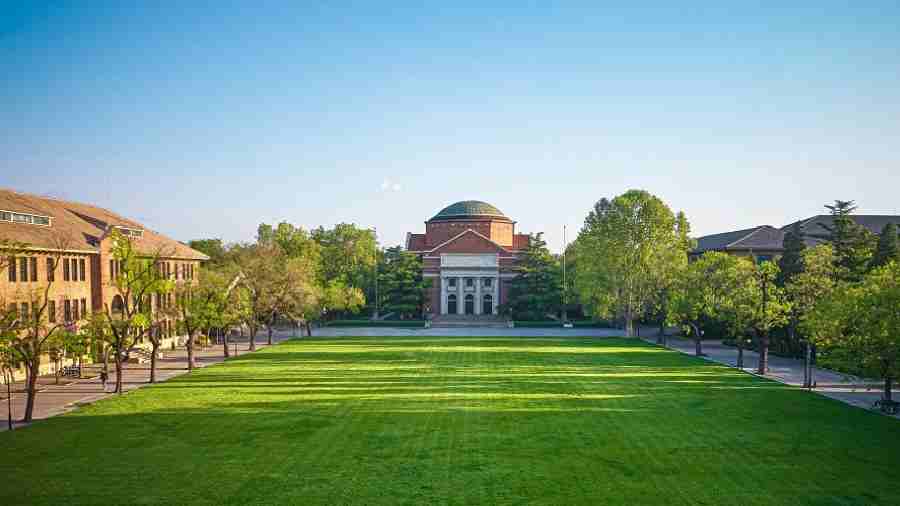The 2022 gaokao results are out and among those over the moon are two students headed for China’s most sought-after universities. Zhong Pengchen, who scored 652 marks out of 750 in the pre-university national exam, will attend Peking University, while Wu Jinlin’s score of 676 will see him enter Tsinghua University.
When the media caught up with Zhong, he was helping his mother at her work: sweeping a tourist spot in Hunan while she took a much-needed break. She was at a loss for words when her fellow workers congratulated her. So was her son, except to say that he had always dreamt of going to Peking University, and thanked his parents for all they had done for him. They had given up working on their land in the village to work as migrant labourers in a city so that Zhong could attend a better school.
When Wu got his admission letter from Tsinghua, he ran to the local police station in Chongqing. It was thanks to the generosity of the local police that Wu could complete high school. After a policeman found this middle-school student struggling to enter high school — he had a chronically-ill mother, his father was working in some other city and his grandmother was running a small store — the local police station decided to fund his three years of high school. Now, they have given him an envelope with money as a send-off gift and the promise of always being there for him.
But will Wu’s benefactors and Zhong’s parents be able to help these unusually bright kids when they enter the awesome portals of their universities?
Stiff competition
“Small town test takers”, as students like Wu and Zhong are called, were in the news last month when a senior columnist in a State-owned weekly dismissed their chances of making it big in life. They were good only for doing practice tests and taking tuitions, he wrote. The statement caused an uproar. The phrase “small town test takers” was coined in 2020 by such students for themselves in a forum where they wrote self-mockingly about being the “waste” of the best universities. Years of slogging had made them gaokao toppers in their hometowns, but the stardom they enjoyed there faded when they entered classrooms filled with slick, confident youngsters who came from generations of educational and social privilege.
Fang, for instance, always aced her English exams in school, but after listening to her college mates’ fluency, couldn’t bring herself to engage in an English conversation. Though she continued to be among the toppers in college, she hesitated to meet her professors one on one to discuss the course she was interested in. Familiarity not just with big city eats and entertainment, but with international universities was necessary, found Chen. In their final year, his college mates were writing to American professors about internships, while he was steeling himself to sit for his Masters and later perhaps for the civil service exams, as a Bachelor’s degree even from the top-ranked Nanjing University would not have got him a good enough job. Meanwhile, his parents, small-time vendors, waited for the fruit of their sacrifices to materialise.
These ‘small town test takers’ are up against a system that handicaps them from the start: according to an official 2016 report, though 70 per cent of children of kindergarten age came from counties, small towns and villages, they reportedly received less than 50 per cent of the total investment in kindergartens.
The 15-20 per cent rural students who get into top universities are said to earn less than their urban counterparts after graduation, a 2018 survey found. Here’s wishing Zhong and Wu all the luck in their new worlds.










